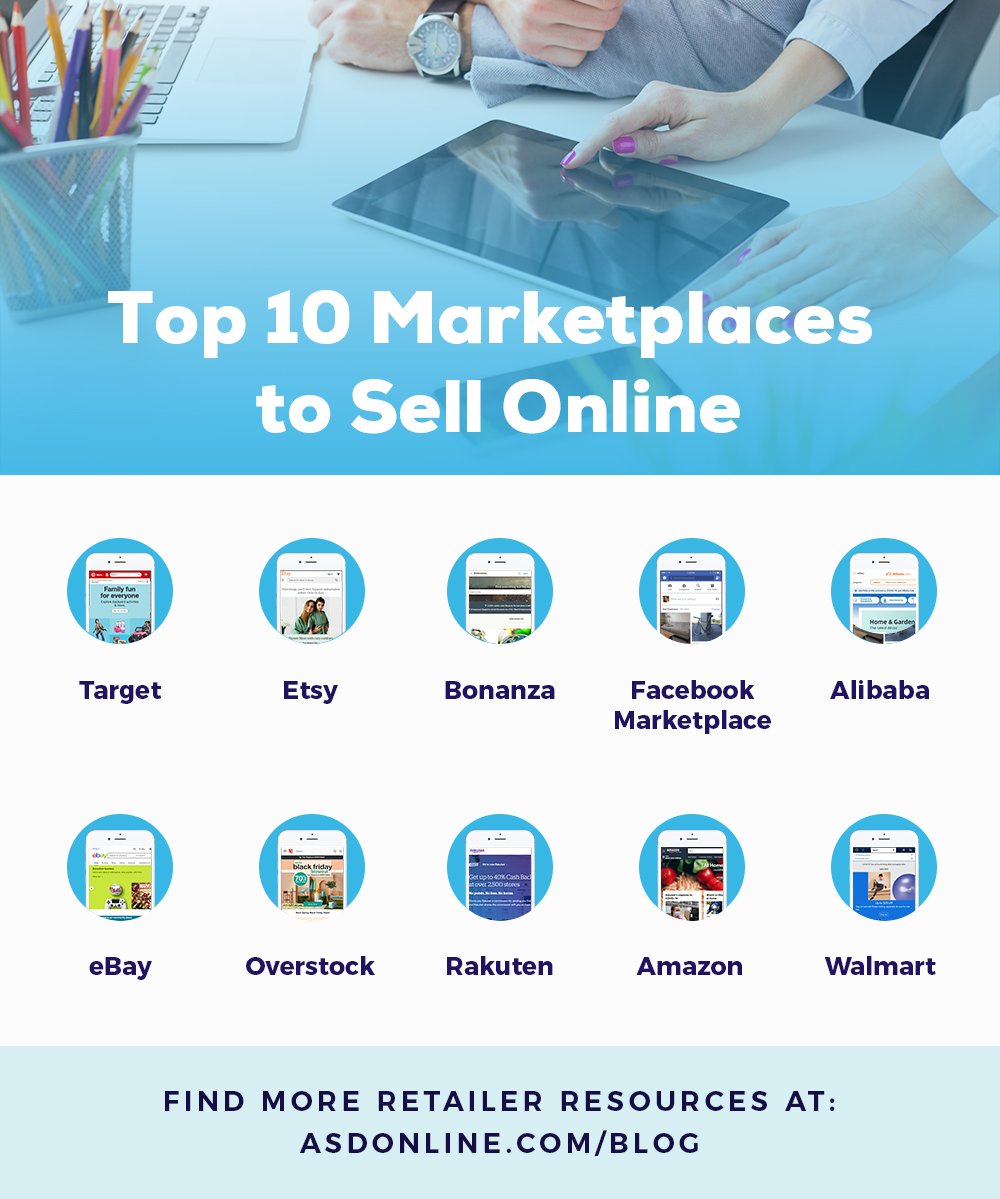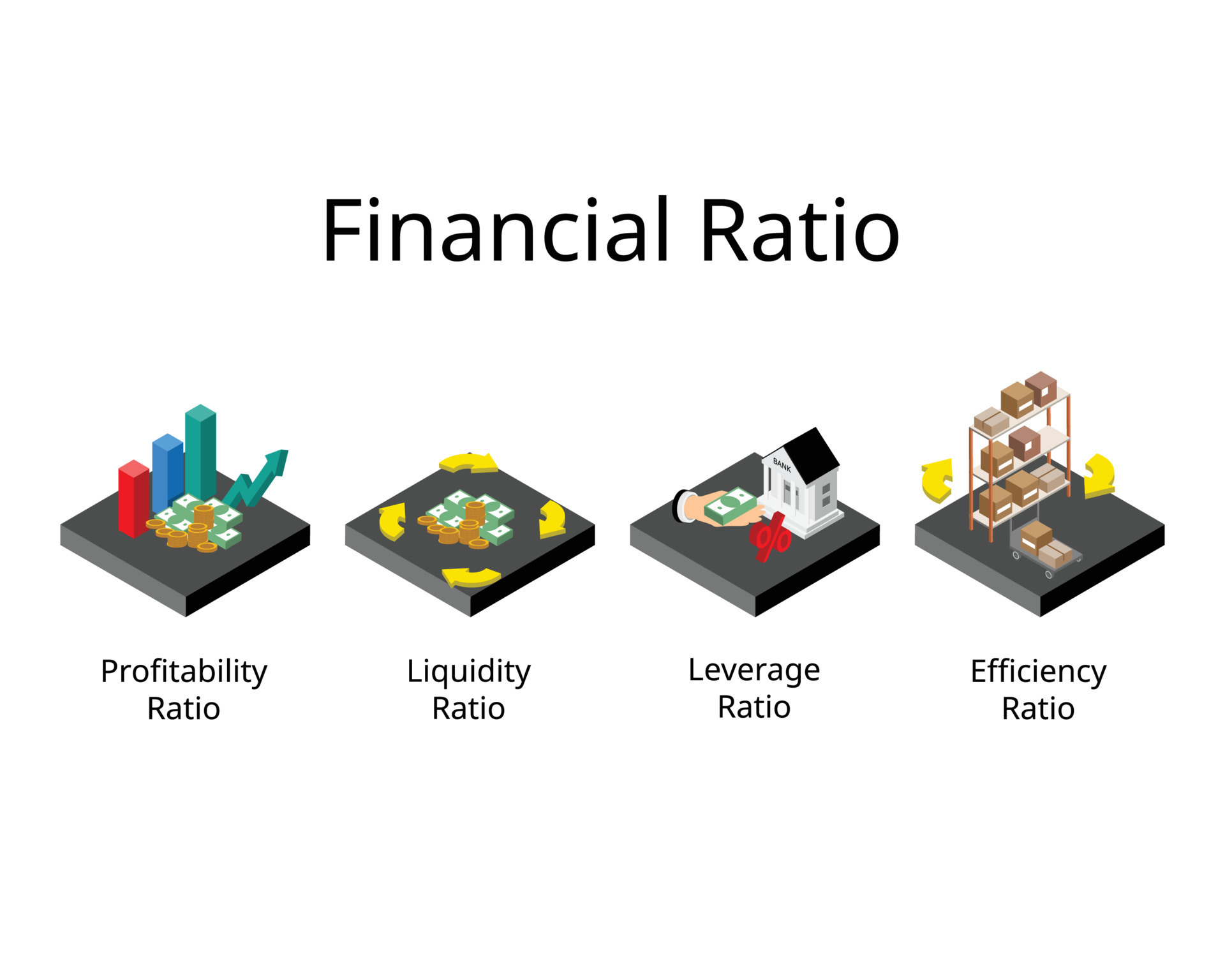Why Buying an Existing Business Can Be a Smart Move
Purchasing an existing small business can be a savvy decision for entrepreneurs looking to establish a foothold in their industry. By acquiring a business that is already operational, buyers can benefit from reduced startup costs, an established customer base, and immediate cash flow. This approach can be particularly appealing to those who want to minimize the risks associated with launching a new venture from scratch.
One of the primary advantages of buying an existing business is the potential for instant revenue generation. Unlike startups, which often require significant investment and time to gain traction, established businesses typically have a proven track record of sales and customer loyalty. This can provide a stable foundation for the new owner to build upon, allowing them to focus on growth and expansion rather than survival.
In addition to the financial benefits, buying an existing business can also provide access to a established brand, trained staff, and existing relationships with suppliers and partners. This can be especially valuable for entrepreneurs who are new to the industry or lack experience in specific areas, such as marketing or operations.
When searching for a small business to purchase, it’s essential to consider factors such as the company’s financial health, market trends, and growth potential. Buyers should also research the business’s reputation, customer base, and competitive landscape to ensure they are making an informed decision. By doing their due diligence, entrepreneurs can increase their chances of success and create a solid foundation for their new venture.
For those looking to buy a small business, there are various resources available to help them find the right opportunity. Online marketplaces, business brokers, and industry associations can provide valuable insights and access to a wide range of listings. By leveraging these resources and conducting thorough research, entrepreneurs can find the perfect business to suit their needs and goals.
Whether you’re a seasoned entrepreneur or just starting out, buying an existing small business can be a smart move. With the right approach and resources, you can find a business that aligns with your vision and provides a solid foundation for long-term success. So why not explore the possibilities and discover where to buy a small business that’s right for you?
How to Find the Right Small Business for Sale
When searching for a small business to purchase, it’s essential to explore various channels to find the right opportunity. One of the most effective ways to start your search is by utilizing online marketplaces, business brokers, and industry associations. These resources can provide valuable insights, access to a wide range of listings, and expert guidance to help you make an informed decision.
Online marketplaces, such as BizBuySell, BizQuest, and Merger Labs, offer a vast array of small business listings, including detailed descriptions, financial information, and contact details. These platforms often feature search filters, allowing you to narrow down your search by location, industry, and price range. Additionally, many online marketplaces provide buyer support, including resources and tools to help you navigate the purchasing process.
Business brokers are another excellent resource for finding small businesses for sale. These professionals specialize in facilitating business transactions and often have access to off-market listings, providing you with a wider range of options. Business brokers can also offer valuable guidance on the purchasing process, including valuation, marketing, and negotiation.
Industry associations and networking events can also be a great way to find small businesses for sale. These connections can provide valuable insights, referrals, and access to exclusive listings. Attend industry conferences, join online forums, and connect with other business owners to expand your network and increase your chances of finding the right opportunity.
When searching for a small business to purchase, it’s crucial to research the business’s financials, market trends, and growth potential. Review financial statements, assess cash flow, and analyze market trends to ensure you’re making a well-informed decision. Seeking professional advice from accountants or financial advisors can also help you navigate the purchasing process and ensure you’re getting a fair deal.
By leveraging these resources and conducting thorough research, you can find the perfect small business to suit your needs and goals. Whether you’re looking to expand your existing business or start a new venture, knowing where to buy a small business can make all the difference. With the right approach and resources, you can find a business that aligns with your vision and provides a solid foundation for long-term success.
Top Online Marketplaces to Buy a Small Business
When searching for a small business to purchase, online marketplaces can be a valuable resource. These platforms provide a wide range of listings, including detailed descriptions, financial information, and contact details. In this section, we’ll review some of the top online marketplaces for buying small businesses, including BizBuySell, BizQuest, and Merger Labs.
BizBuySell is one of the largest online marketplaces for buying and selling small businesses. With over 100,000 listings, it offers a vast array of opportunities for entrepreneurs. The platform features search filters, allowing you to narrow down your search by location, industry, and price range. Additionally, BizBuySell provides buyer support, including resources and tools to help you navigate the purchasing process.
BizQuest is another popular online marketplace for buying small businesses. It offers a wide range of listings, including retail, restaurant, and service-based businesses. The platform features a user-friendly interface, making it easy to search and find the right business for your needs. BizQuest also provides buyer support, including access to financial advisors and business brokers.
Merger Labs is a unique online marketplace that specializes in connecting buyers with small businesses for sale. The platform features a curated selection of listings, including tech startups, e-commerce businesses, and more. Merger Labs also provides buyer support, including access to due diligence tools and negotiation guidance.
When using online marketplaces to find a small business for sale, it’s essential to research the business’s financials, market trends, and growth potential. Review financial statements, assess cash flow, and analyze market trends to ensure you’re making a well-informed decision. Seeking professional advice from accountants or financial advisors can also help you navigate the purchasing process and ensure you’re getting a fair deal.
By leveraging online marketplaces, you can find the perfect small business to suit your needs and goals. Whether you’re looking to expand your existing business or start a new venture, knowing where to buy a small business can make all the difference. With the right approach and resources, you can find a business that aligns with your vision and provides a solid foundation for long-term success.
The Role of Business Brokers in Small Business Sales
Business brokers play a crucial role in facilitating small business sales. These professionals specialize in connecting buyers with sellers, and their expertise can be invaluable in navigating the complex process of buying a small business. In this section, we’ll explore the role of business brokers in small business sales, including their expertise in valuation, marketing, and negotiation.
One of the primary benefits of working with a business broker is their expertise in valuation. Business brokers have access to a wide range of data and resources, allowing them to accurately assess the value of a small business. This expertise can be particularly valuable for buyers, who may not have the necessary knowledge or experience to determine the fair market value of a business.
In addition to valuation, business brokers also specialize in marketing. They have established networks and relationships with potential buyers, and can effectively market a business to attract interested parties. This can be especially beneficial for sellers, who may not have the necessary resources or expertise to effectively market their business.
Business brokers also play a critical role in negotiation. They can facilitate communication between buyers and sellers, and help to negotiate a fair price for the business. This can be particularly valuable for buyers, who may not have the necessary experience or expertise to navigate the negotiation process.
Another benefit of working with a business broker is access to off-market listings. Business brokers often have relationships with sellers who are not publicly advertising their business for sale. This can provide buyers with access to a wider range of opportunities, and increase their chances of finding the right business.
When working with a business broker, it’s essential to research their credentials and experience. Look for brokers who are certified by professional organizations, such as the International Business Brokers Association (IBBA). Also, ask for references and testimonials from previous clients to ensure you’re working with a reputable and trustworthy broker.
By leveraging the expertise of a business broker, you can find the perfect small business to suit your needs and goals. Whether you’re looking to expand your existing business or start a new venture, knowing where to buy a small business can make all the difference. With the right approach and resources, you can find a business that aligns with your vision and provides a solid foundation for long-term success.
Industry Associations and Networking Opportunities
Industry associations and networking events can be a valuable resource for finding small businesses for sale. These connections can provide valuable insights, referrals, and access to exclusive listings. In this section, we’ll explore the importance of industry associations and networking events in finding small businesses for sale.
Industry associations are organizations that represent a specific industry or sector. These associations often have a wealth of knowledge and resources available to their members, including access to exclusive listings and networking opportunities. By joining an industry association, you can connect with other professionals in your industry and gain valuable insights into the market.
Networking events are another great way to connect with other professionals in your industry. These events can provide opportunities to meet with potential sellers, learn about new trends and developments in the industry, and gain valuable insights into the market. By attending networking events, you can build relationships with other professionals in your industry and increase your chances of finding the right business.
One of the benefits of industry associations and networking events is access to exclusive listings. Many industry associations and networking groups have access to listings that are not publicly available. By joining these groups, you can gain access to these listings and increase your chances of finding the right business.
Another benefit of industry associations and networking events is the opportunity to connect with other professionals in your industry. By building relationships with other professionals, you can gain valuable insights into the market and increase your chances of finding the right business.
When attending industry associations and networking events, it’s essential to be prepared. Bring business cards, a brief summary of your business goals, and any other relevant materials. Be prepared to ask questions and engage in conversations with other professionals in your industry.
By leveraging industry associations and networking events, you can find the perfect small business to suit your needs and goals. Whether you’re looking to expand your existing business or start a new venture, knowing where to buy a small business can make all the difference. With the right approach and resources, you can find a business that aligns with your vision and provides a solid foundation for long-term success.
Evaluating the Financial Health of a Small Business
When considering where to buy a small business, evaluating the financial health of the company is crucial to making an informed decision. A thorough financial analysis can help identify potential risks and opportunities, ensuring a smoother transition and a stronger foundation for future growth. Here are key factors to examine when assessing the financial health of a small business.
Reviewing financial statements is a critical step in evaluating the financial health of a small business. This includes examining the company’s balance sheet, income statement, and cash flow statement. Look for signs of financial stability, such as a strong cash position, manageable debt levels, and a consistent revenue stream. It’s also essential to analyze the company’s financial ratios, such as the debt-to-equity ratio and the current ratio, to gauge its liquidity and solvency.
Assessing cash flow is another vital aspect of evaluating the financial health of a small business. A company with a stable cash flow is better equipped to weather financial storms and invest in growth initiatives. Review the company’s cash flow statement to identify areas of strength and weakness, and examine its accounts receivable and payable to ensure timely payments and collections.
Market trends and industry analysis are also essential considerations when evaluating the financial health of a small business. Research the company’s market position, competition, and growth prospects to determine its potential for future success. Analyze industry trends, such as changes in consumer demand, technological advancements, and regulatory developments, to identify potential opportunities and challenges.
Seeking professional advice from accountants or financial advisors can provide valuable insights and help identify potential financial risks. These experts can review the company’s financial statements, assess its financial health, and provide guidance on negotiation and due diligence. When searching for where to buy a small business, consider working with a financial advisor to ensure a thorough evaluation of the company’s financial health.
In addition to financial analysis, it’s essential to evaluate the company’s management team, operational efficiency, and growth potential. A well-managed company with a strong operational foundation and a clear growth strategy is more likely to succeed in the long term. By conducting a comprehensive evaluation of the company’s financial health and overall business operations, buyers can make informed decisions and set themselves up for success in their small business venture.
Negotiating the Purchase of a Small Business
When searching for where to buy a small business, negotiation is a critical step in the purchasing process. A well-structured negotiation can help buyers secure a fair price, ensure a smooth transition, and set the stage for future success. Here are key tips to consider when negotiating the purchase of a small business.
Determining a fair price is a crucial aspect of negotiating the purchase of a small business. Buyers should conduct thorough research on the company’s financials, market trends, and industry benchmarks to determine a reasonable valuation. This information can be used to make an informed offer and negotiate a fair price. It’s also essential to consider the seller’s motivations, such as their desire for a quick sale or their need for a specific price, to identify potential areas of flexibility.
Structuring the deal is another critical aspect of negotiating the purchase of a small business. Buyers should consider the terms of the sale, including the payment structure, financing options, and any contingencies. A well-structured deal can help mitigate risks, ensure a smooth transition, and provide a clear understanding of the buyer’s and seller’s obligations. It’s also essential to consider the tax implications of the sale and to seek professional advice from accountants or tax advisors.
Navigating due diligence is a critical step in the negotiation process. Buyers should conduct thorough research on the company’s financials, operations, and market position to identify potential risks and opportunities. This information can be used to negotiate a better price, request concessions, or walk away from the deal if necessary. It’s also essential to work with professionals, such as lawyers and accountants, to ensure a thorough and accurate due diligence process.
Seeking professional advice from lawyers or business advisors can provide valuable guidance and support during the negotiation process. These experts can help buyers navigate complex legal and financial issues, ensure compliance with regulatory requirements, and provide strategic advice on negotiation tactics. When searching for where to buy a small business, consider working with a professional advisor to ensure a successful negotiation and a smooth transition.
In addition to these tips, buyers should also consider the importance of building a relationship with the seller. A positive and respectful relationship can help facilitate open communication, build trust, and ensure a smoother negotiation process. By taking a collaborative approach to negotiation, buyers can create a win-win situation that benefits both parties and sets the stage for future success.
Ultimately, negotiating the purchase of a small business requires a combination of research, strategy, and professionalism. By following these tips and seeking professional advice, buyers can ensure a successful negotiation and a smooth transition. Whether searching for where to buy a small business online or through traditional channels, a well-structured negotiation is critical to achieving a successful outcome.
Finalizing the Purchase and Ensuring a Smooth Transition
Once the negotiation process is complete, the final steps in purchasing a small business can begin. This includes signing the purchase agreement, transferring ownership, and ensuring a smooth transition. When searching for where to buy a small business, it’s essential to understand the importance of a well-planned transition to ensure the continued success of the company.
Signing the purchase agreement is a critical step in finalizing the purchase of a small business. This document outlines the terms of the sale, including the purchase price, payment structure, and any contingencies. It’s essential to review the agreement carefully and seek professional advice from lawyers or business advisors to ensure that all parties are protected.
Transferring ownership is another critical step in the process. This includes updating the company’s records, notifying employees and customers, and ensuring that all necessary licenses and permits are transferred. A smooth transition is essential to maintaining customer loyalty, retaining key employees, and ensuring the continued success of the business.
Planning for post-acquisition integration and growth is also essential to the success of the business. This includes developing a comprehensive business plan, identifying areas for improvement, and implementing strategies for growth and expansion. By planning for the future, buyers can ensure that the business continues to thrive and grow under their ownership.
In addition to these steps, it’s also essential to consider the importance of maintaining relationships with key stakeholders, including employees, customers, and suppliers. A smooth transition is essential to maintaining these relationships and ensuring the continued success of the business. By communicating openly and honestly with stakeholders, buyers can build trust and ensure a successful transition.
Finally, it’s essential to consider the importance of seeking professional advice throughout the process. Lawyers, accountants, and business advisors can provide valuable guidance and support, from negotiating the purchase agreement to planning for post-acquisition integration and growth. By seeking professional advice, buyers can ensure a successful transition and set the stage for future success.
When searching for where to buy a small business, it’s essential to consider the importance of a well-planned transition. By following these steps and seeking professional advice, buyers can ensure a smooth transition and set the stage for future success. Whether purchasing a small business online or through traditional channels, a well-planned transition is critical to achieving a successful outcome.







